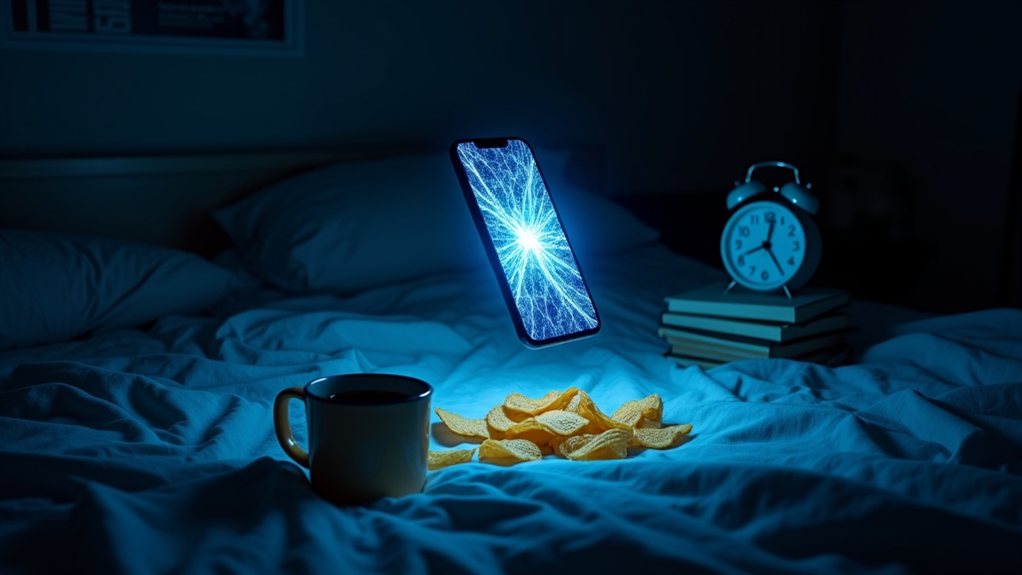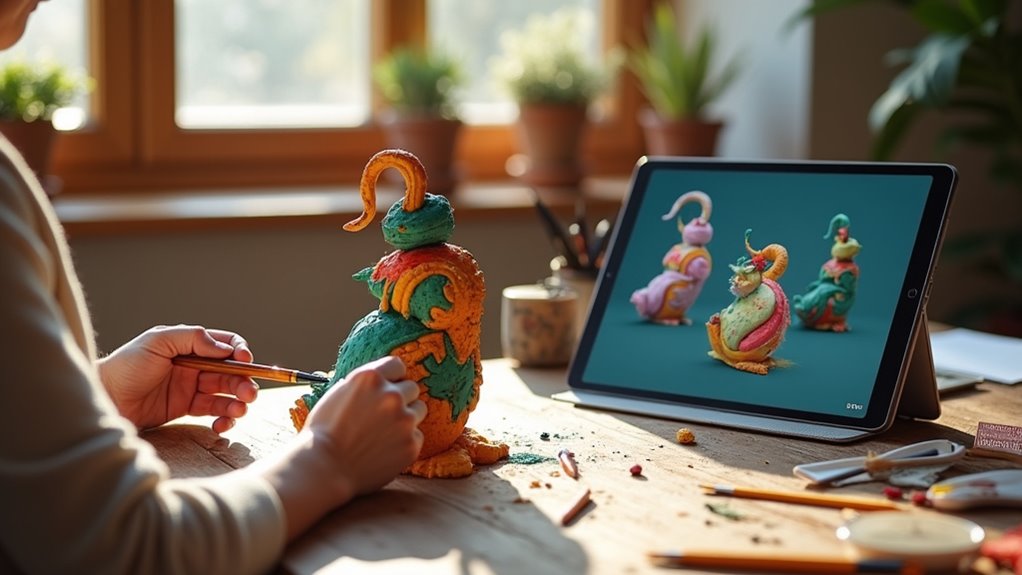“AI brain rot” sounds like a TikTok trend cooked up by an anxious boomer, but there’s a sliver of truth behind the meme. Yes, our goldfish attention spans and doomscrolling habits—thanks, recommendation algorithms!—aren’t doing anyone favors. There’s no scientific proof we’re turning into digital zombies, yet too much low-value content does seem to sap focus, memory, and chill. Still, don’t panic—just take a snack break (with the other hand). Curious if it’s all just hype? Stick around.
How did we end up googling “AI brain rot” at 2 a.m., phone in one hand, half-eaten bag of chips in the other? Blame it on the endless scroll, the algorithmic rabbit hole, or maybe just the irresistible urge to know if Siri is quietly melting our brains like a late-night cheese dip.
“Brain rot” isn’t just the latest buzzword for digital malaise—it’s a real concern, at least according to a 230% spike in usage across social platforms and Oxford University Press crowning it the Word of the Year for 2024. According to a recent rapid review, over 4 billion young adults now spend an average of 6.5 hours online every day, often engaging with low-value content that may be contributing to cognitive fatigue.
Here’s the gist: *brain rot*—once a term Thoreau might have hurled at railroad schedules—now describes the cognitive decline tied to digital overload. Symptoms? A goldfish-level attention span, anxiety when separated from screens, and the kind of information engagement that makes Wikipedia rabbit holes look like doctoral research. If you’ve ever forgotten why you opened your phone, congratulations, you’re not alone.
Brain rot: goldfish attention spans, screen-separation anxiety, and forgetting why you picked up your phone in the first place.
A recent scientific study at MIT Media Lab used EEG scans to monitor how people’s brains engage with writing tasks when using large language models, search engines, or just their own minds.
Cognitive fallout is real. Constant interruptions—think endless notifications, doomscrolling, and ChatGPT-generated trivia—fragment attention, making deep focus a rare commodity.
Creativity and critical thinking take a back seat to quick fixes, while memory and problem-solving skills atrophy, replaced by the siren call of “just Google it.”
- *Impulsive decisions?* Check.
- *Mental fatigue?* Double check.
- *Inability to finish a single episode of “The Bear” without checking Instagram?* Triple check.
But let’s pump the brakes for a second. Despite viral doom-mongering (and that one “study” your cousin keeps sending), there’s no peer-reviewed smoking gun linking AI to literal brain damage.
Most researchers agree: Correlation doesn’t equal causation, and “brain rot” remains more metaphor than malady. The increasing algorithmic bias in recommendation systems only exacerbates these concerns, potentially reinforcing negative cognitive patterns through content selection.
Still, there’s a mental health angle—cognitive overload breeds anxiety, emotional numbness, and lowered self-worth. Is it all hype? Maybe.
But as digital life seeps deeper into our gray matter, maybe a little skepticism—and a screen break—couldn’t hurt. Or, at least, switch hands for the chips.









